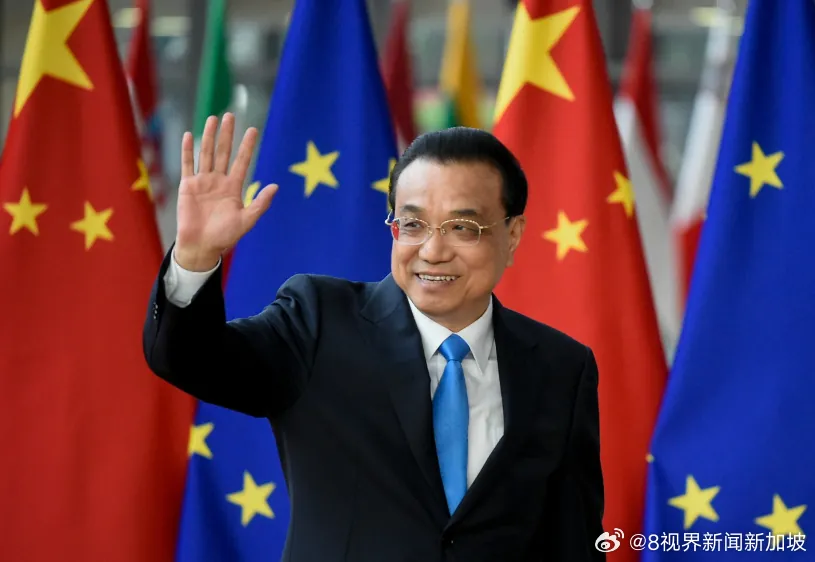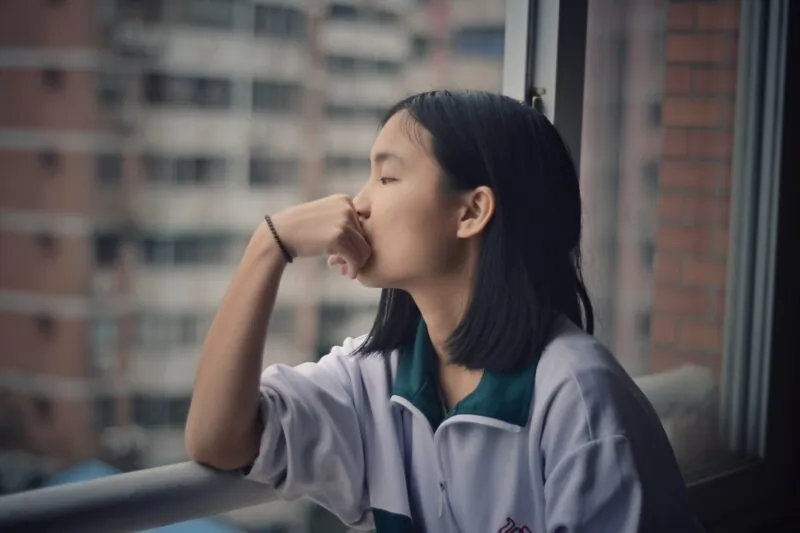China’s microblogging mecca Weibo has seen an outpouring of grief following the death of ex-premier Li Keqiang, reaching a cumulative 3 billion views across multiple hashtags over the weekend.
Li Keqiang died suddenly from a heart attack on Friday 27 October at the age of 68. He served as premier, the Party’s number two leader, for a decade before being sidelined by Xi Jinping in recent years.
Chinese netizens remember him as a staunch advocate for free market economics, a champion of those still living in poverty, and a warm-hearted politician who showed up immediately to scenes of disaster.
As a liberal reformer and one of China’s last high-profile moderate voices, Li’s death is highly symbolic in a time of growing ideological fervour and social control. “The grief over his passing reflected the public’s sense of loss for an era of reform and growth that has been abandoned,” writes Li Yuan for the New York Times.
A video shared by the Twitter account 李老师不是你老师(@whyyoutouzhele) shows mourners placing flowers outside Li’s former residence in his birthplace Hefei. Drone footage shows how the tributes piled up over the course of one day to become a barricade of flowers extending several meters into the street and snaking around the corner.
Netizens’ sentiments were quickly filtered by censors as the government remains sensitive following the anti-regime “white paper” protest movement of late 2022. The high-profile ousting of defence minister Li Shangfu and foreign minister Qin Gang this summer also point to growing instability within the inner sanctum of the Party.
Comments calling Li a “good man” and “a good premier for the people” were censored, along with those expressing shock at the sudden nature of his death. A People’s Daily cover story from 2014 entitled “Li Keqiang: Breaker of Walls” reportedly went viral on 30 October, but a search for the article title on Weibo yields no results, indicating that any mention of it has already been scrubbed by censors.
China watchers point out that the death of senior statesmen in China has historical links to civil disobedience and seismic political shifts. The Tiananmen Square student protests of 1989 were famously precipitated by the death of pro-reform general secretary Hu Yaobang and, in 2022, the lifting of the zero-COVID policy came four days after the death of former general secretary Jiang Zemin.









